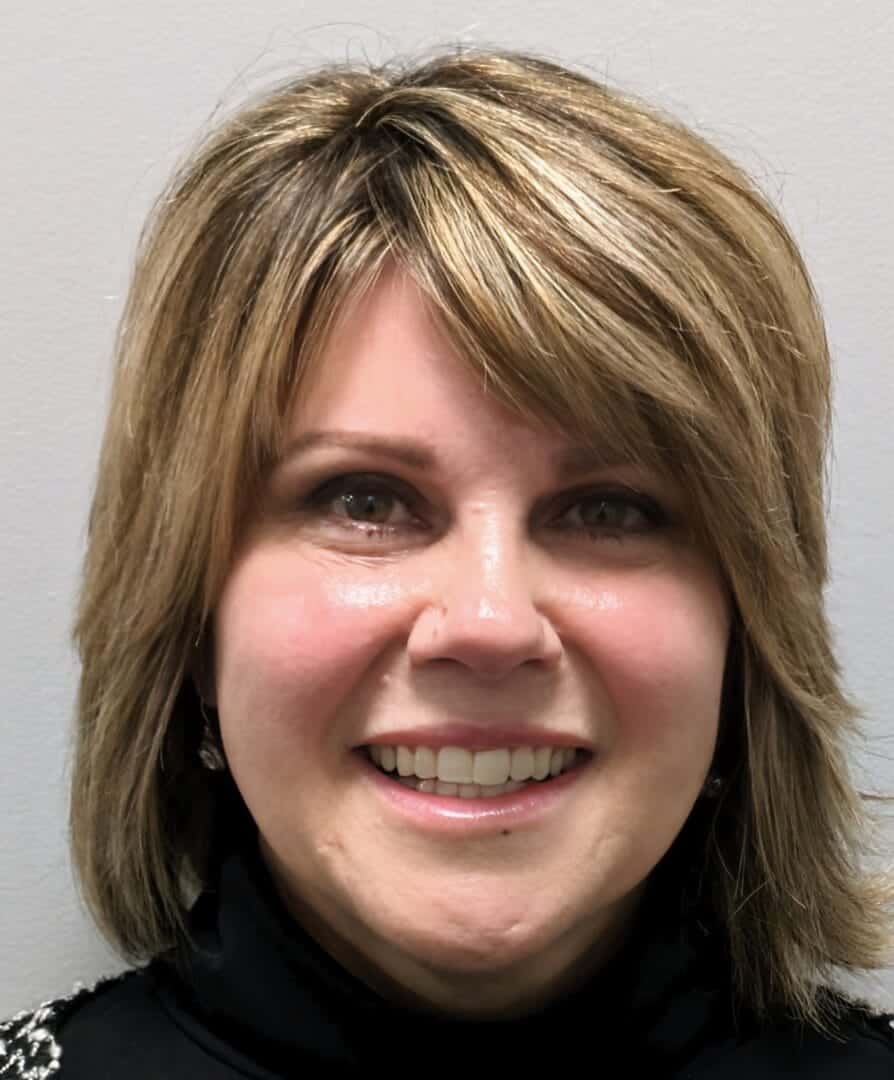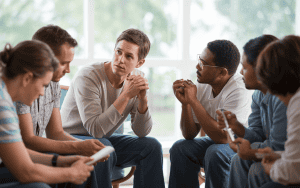Key Takeaways
- Valentine’s Day can trigger feelings of loneliness, especially for those in recovery.
- Self-care and meaningful connections are essential to staying sober and healthy.
- Simple strategies can help you navigate the day while supporting your recovery.
Introduction
Valentine’s Day is often celebrated as a day of love and togetherness. However, for those on a recovery journey, it can bring up feelings of loneliness or reminders of past relationships. These emotions can be especially difficult if you’re working hard to maintain your sobriety.
It’s important to remember that you’re not alone. Millions of people find Valentine’s Day challenging, whether they’re in recovery or not. With the right strategies, you can manage these feelings, enjoy the day, and even turn it into an opportunity for self-growth.
Why Valentine’s Day Can Feel Challenging in Recovery
Valentine’s Day can create emotional triggers, even for people who feel strong in their recovery. The holiday often highlights societal expectations around love and connection, which can feel isolating if you’re not in a relationship or are grieving the loss of one.
If you’ve struggled with substance use, this day might remind you of past behaviors or relationships that were harmed by addiction. These thoughts can lead to feelings of guilt, sadness, or loneliness, potentially putting your sobriety at risk.
Acknowledging these emotions is the first step toward managing them. You don’t have to face the day alone; there are many ways to turn it into a positive experience.
Effective Strategies for Managing Loneliness
Focus on Self-Care
Valentine’s Day is the perfect opportunity to prioritize yourself. Treat the day as a chance to recharge and show yourself the love you deserve.
- Create a spa day at home with a bubble bath, face masks, or soothing music.
- Journal about the things you’re grateful for in your recovery journey. Writing down your feelings can help you process emotions and focus on your progress.
- Spend time meditating or practicing mindfulness to center your thoughts and reduce stress.
Engage in Activities You Enjoy
Doing something you love can help take your mind off loneliness and remind you of the joys in life.
- Watch a favorite movie or binge a comforting TV series.
- Try a new recipe or bake something special, like chocolate treats or a healthy meal.
- Go for a hike, visit a park, or simply walk outdoors to refresh your mind and body.
These activities may seem simple, but they’re powerful tools for lifting your mood and reinforcing positive habits.
Building Connections and Finding Support
Reach Out to Your Support System
Valentine’s Day is a great time to connect with people who support your recovery.
- Spend the day with friends or family members who bring positivity into your life.
- Attend a 12-step meeting or group therapy session to share your feelings and gain encouragement from others in recovery.
Even a phone call or text to a trusted friend can make a big difference in how you feel. Connection is a key part of staying sober and managing loneliness.
Volunteer to Help Others
Volunteering is one of the best ways to combat loneliness while making a positive impact. Helping others can shift your focus away from negative emotions and give you a sense of purpose.
- Volunteer at a local shelter, soup kitchen, or animal rescue.
- Participate in a community event or charity project.
Acts of kindness benefit those you’re helping, boost your well-being, and create a sense of belonging.
How to Avoid Triggers and Maintain Sobriety
Staying sober on Valentine’s Day requires planning and mindfulness. Recognizing potential triggers ahead of time can help you navigate the day with confidence.
- Identify and Avoid Triggers: Stay away from situations or places that might tempt you to drink or use drugs.
- Create a Plan: To minimize idle time, keep yourself busy with activities or errands. Having a structured day can help you stay focused.
- Lean on Healthy Coping Mechanisms: When feeling overwhelmed, practice deep breathing or mindfulness, or call someone in your support network.
Your recovery journey is about building a strong foundation, and these steps can help you maintain that strength even on challenging days.
Turning Valentine’s Day into a Day of Gratitude
Instead of focusing on what you don’t have, use Valentine’s Day to celebrate what you do. Gratitude is a powerful tool in recovery that can shift your perspective and lift your spirits.
- Reflect on the progress you’ve made in your recovery and the people who have supported you.
- Write down three things you’re grateful for: your health, a supportive friend, or simply the chance to start a new day.
- Set new goals for your recovery journey and use the day to reaffirm your commitment to sobriety.
By focusing on gratitude, you can turn Valentine’s Day into a meaningful celebration of love—for yourself and your recovery.
Conclusion
Valentine’s Day doesn’t have to be a day of loneliness or temptation. With a focus on self-care, connection, and gratitude, you can navigate the holiday in a way that supports your recovery. Whether spending time with loved ones, volunteering, or enjoying a relaxing day at home, there are countless ways to make the day fulfilling and sober.
If you or someone you know is struggling with addiction, help is available. Contact Virtue Recovery Chandler at 866-338-5779 for compassionate care and personalized support. You don’t have to face recovery alone—let us help you every step of the way.
FAQs
Why does Valentine’s Day feel lonely in recovery?
Valentine’s Day can trigger feelings of isolation or sadness by highlighting societal expectations around love and relationships, especially for those in recovery.
How can I manage loneliness on Valentine’s Day?
Focus on self-care, engage in enjoyable activities, connect with your support system, or volunteer to help others.
What are some sober ways to celebrate Valentine’s Day?
Try a spa day at home, a hike, baking something special, or spending time with supportive friends and family.
How can volunteering help with loneliness?
Volunteering shifts your focus from negative emotions to helping others, creating a sense of purpose and belonging.
How does self-care support recovery on Valentine’s Day?
Self-care reduces stress, strengthens emotional well-being, and positively helps you focus on your recovery journey.
Is there a connection between loneliness and addiction?
Yes, loneliness can contribute to addiction by driving individuals to self-medicate with substances, while addiction can isolate people further, creating a cycle of loneliness and dependence.
What are 5 ways of combating loneliness in addiction recovery?
- Join a support group or recovery community.
- Volunteer to connect with others meaningfully.
- Rebuild relationships with loved ones.
- Engage in hobbies or activities that involve others.
- Practice self-compassion and mindfulness to build inner strength.
How do you survive Valentine’s Day after a break-up?
Focus on self-care by doing activities you enjoy, spending time with supportive friends or family, reflecting on personal growth, and practicing gratitude for what you have. Treat the day as an opportunity to prioritize yourself and your well-being.
Resources
https://onlinelibrary.wiley.com/doi/abs/10.1111/dar.13064








